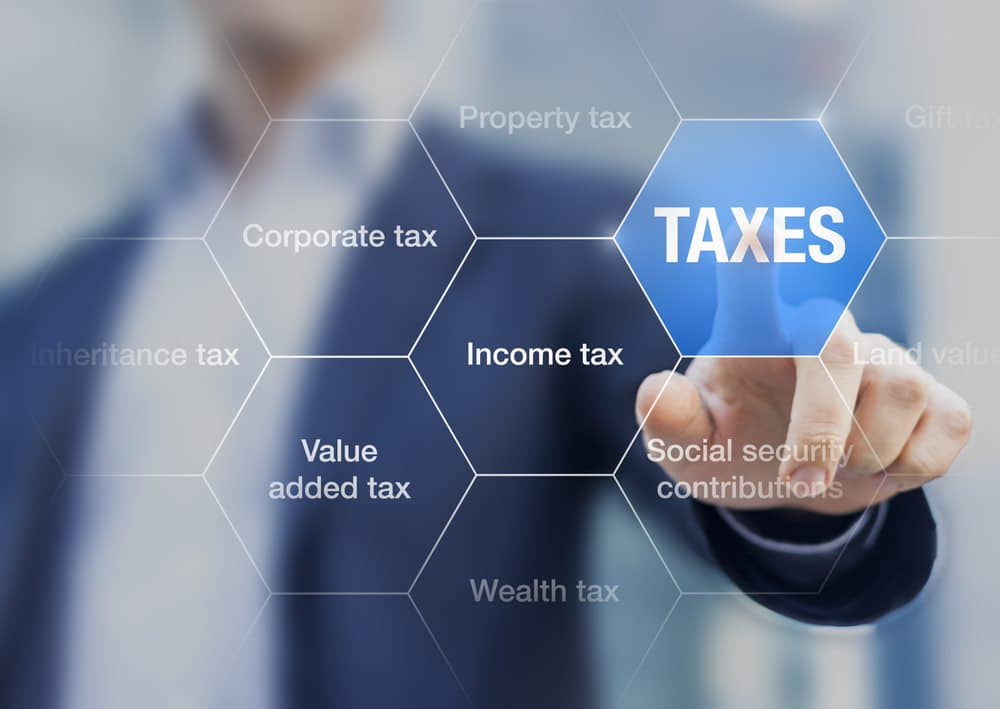As a sole trader, managing your financial affairs can be daunting, especially when it comes to tax time. Understanding your accounting and tax responsibilities is vital to maintaining your financial health and running a successful business. Here are some indispensable tax tips for sole traders in Australia to make the process more manageable.
Table of Contents
- Understand Your Tax Responsibilities
- Separate Business and Personal Expenses
- Keep Accurate Records
- Claim Deductibles
- Claim Startup Expenses
- Understand Depreciation
- Utilise Tax Concessions
- Don’t Leave Tax to the Last Minute
- Get Income Protection Insurance
- Prepare for the Future
- Engage a Professional
- Trust Carbon Group for Your Accounting & Tax
Understand Your Tax Responsibilities
First and foremost, sole traders must understand their tax obligations. The Australian Taxation Office requires you to lodge a tax return annually, even if your income is under the tax-free threshold. This responsibility includes managing your own superannuation and adhering to Goods and Services Tax (GST) regulations, which applies if your business turnover exceeds $75,000 per annum.
Separate Business and Personal Expenses
If you don’t already have a business account set up, make it a priority. This way you can pay all your business expenses through your business bank account and won’t miss out on any tax deductions. If you do have to pay for something business-related with cash, or your personal account, reimburse yourself from your business bank account so you have a clear record come tax time.
Keep Accurate Records
Effective record keeping is the cornerstone of successful accounting and tax management. Ensure you maintain records of all sales and income, business-related expenses and any personal contributions you’ve made. By doing so, you’ll have accurate financial data to draw upon when it’s time to lodge your tax return. Plus, well-kept records can provide valuable insights into your business operations, highlighting areas for potential improvement.
Claim Deductibles
As a sole trader, you can claim deductions for expenses directly related to earning your income. These can include home office costs, such as internet and phone bills, electricity costs and relevant software subscriptions, as well as vehicle expenses, business travel and the cost of maintaining your business tools or equipment. It’s crucial to understand the specific requirements around these deductions to ensure your claims are appropriate and legitimate.
Claim Startup Expenses
As of 1 July 2015, the ATO introduced new rules, allowing small businesses, with an annual turnover of less than $10 million, to immediately deduct certain startup expenses. This includes fees paid to professionals to obtain advice or services relating to the proposed operation of the business and payments to government agencies for fees, taxes or charges related to setting up a business.
Understand Depreciation
Depreciation allows you to claim a deduction for the decline in value of assets in your business. This can be beneficial for sole traders using tools or equipment in their line of work. The Australian Taxation Office provides detailed guides on calculating depreciation.
Utilise Tax Concessions
Certain tax concessions are available to small businesses in Australia. These can include income tax concessions, GST and excise concessions and pay as you go (PAYG) instalments concessions. Familiarising yourself with these can potentially save your business money come tax time.
Don’t Leave Tax to the Last Minute
While it can be tempting to put off your tax, it’s important to undertake tax planning strategies well before 30 June. This way you can access a range of tax reduction strategies you might not be able to put in place later. Sole traders should always compete their tax returns well before the due date, even if you predict a tax bill, so you can start setting aside money for that financial year and the current year.
Get Income Protection Insurance
As a sole trader, you are completely reliant on your business income. In most cases, you are the person who does all the work and generates all the income, which makes income protection insurance even more important. This insurance will cover you if you are unable to work for an extended period, ensuring your financial security.
Prepare for the Future
Lastly, it’s essential to prepare for the future. You need to plan for potential tax liabilities and ensure you’re putting aside funds for superannuation. Understanding your financial projections can help you make informed decisions, ensure the longevity of your business and build your overall wealth.
Engage a Professional
Keeping on top of your accounting and tax obligations is crucial, not only for compliance but also for the financial health of your business. While these tips provide a starting point, each business is unique, so it’s always advantageous to seek professional advice tailored to your specific circumstances. The knowledge and expertise of these professionals can help navigate the complexities of tax obligations, ensuring you stay compliant, while improving your financials.
Trust Carbon Group for Your Accounting & Tax
At Carbon Group, our team is committed to providing the support and guidance needed to navigate the complexities of operating as a sole trader. As business owner ourselves, we know the challenges you face. That’s why we’re committed to helping you find, understand and implement great financial solutions for your business. Contact us today to see how we can support your business journey.






















